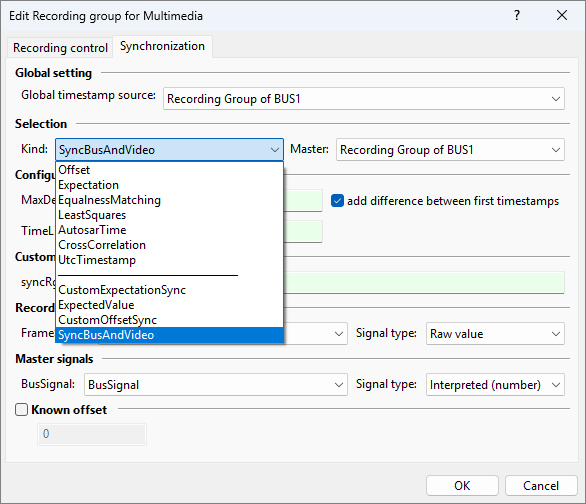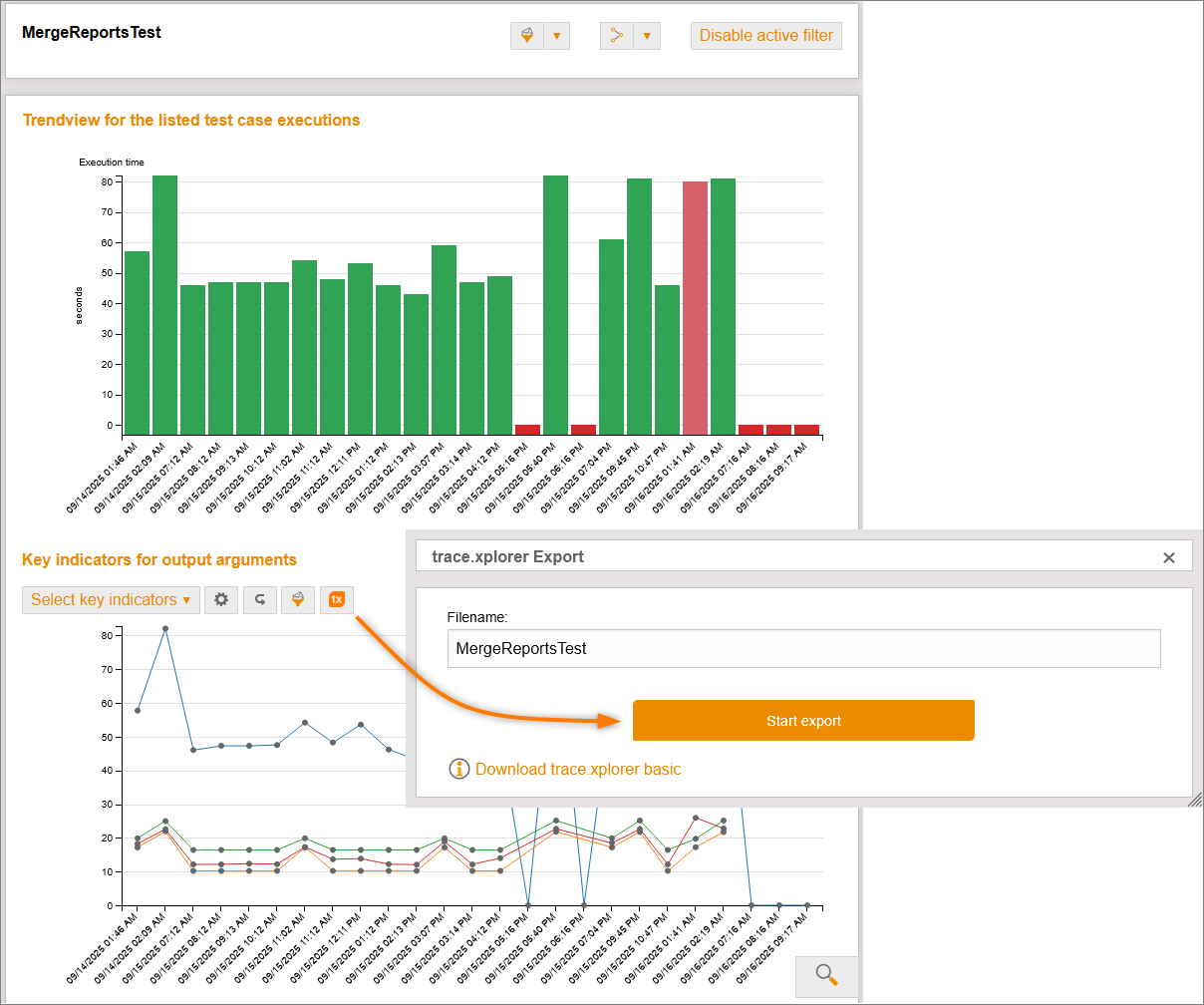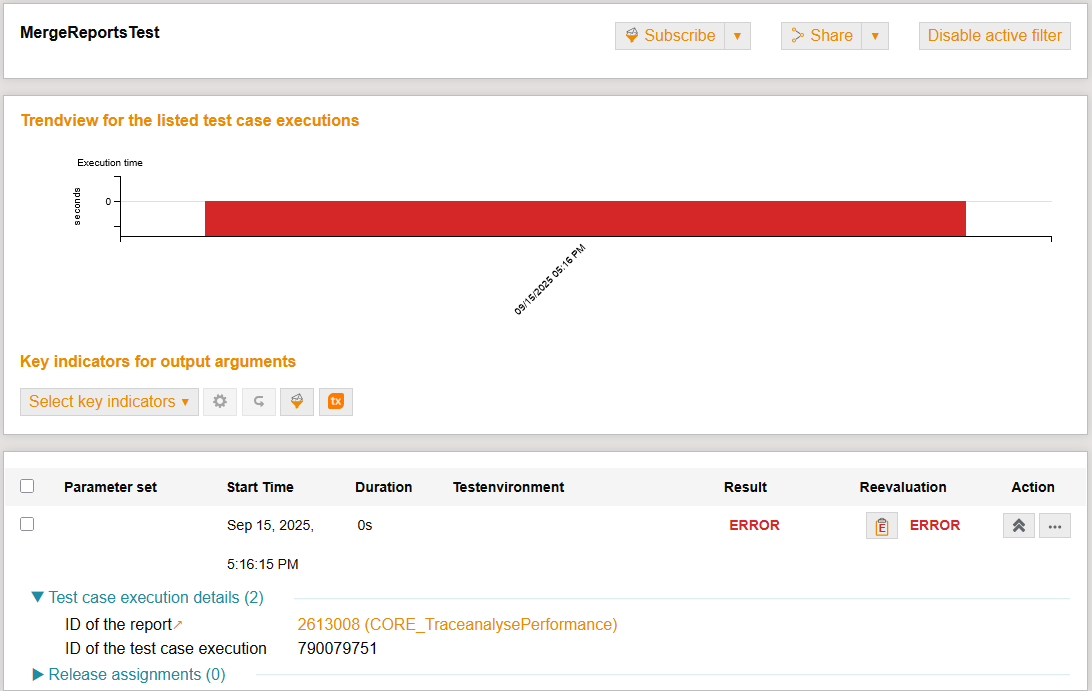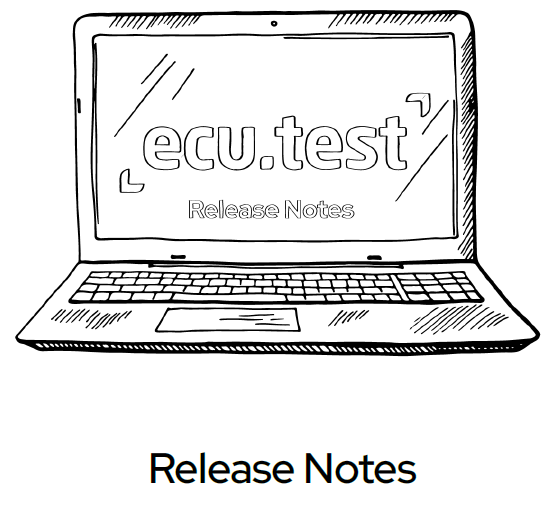In addition to access to simple signals, access to protocols and multimedia data is required to ensure the security of complex vehicle systems. Trace analysis often requires subsequent synchronization of different recordings from multiple sources. This synchronization must be able to process complex data for each use case individually.
The user-defined synchronization allows you to access signal values similar to trace step templates, apply your own algorithms or individual libraries, and determine a time offset. Synchronization is provided in the form of a self-implemented user Python library.
trace.check Release 2025.3
Highlight features
Verlinkung zu Testfallergebnissen aus test.guide-Kennzahlenexport
Since 2023, test.guide provides the option to export test case indicators to an ASTRACE file in order to visualize KPI data from numerous test runs in trace.xplorer in a high-performance manner and analyze it in detail.
However, if you wanted to access the details of the corresponding test run for an interesting data point, you had to identify it manually by comparing timestamps in test.guide. This process was cumbersome and prone to errors.
From now on, the key indicator exports for each test case contain a new URL signal Link to test case execution, which stores a link to the results page in test.guide for each test run.
However, if you wanted to access the details of the corresponding test run for an interesting data point, you had to identify it manually by comparing timestamps in test.guide. This process was cumbersome and prone to errors.
From now on, the key indicator exports for each test case contain a new URL signal Link to test case execution, which stores a link to the results page in test.guide for each test run.
To access this page, trace.xplorer offers the new menu item Open URL in Browser in the context menu of the table view for URL signals. This takes you directly to the desired details of the test run without a long search.
For this to work, the test.guide instance used to create the ASTRACE document must be accessible.
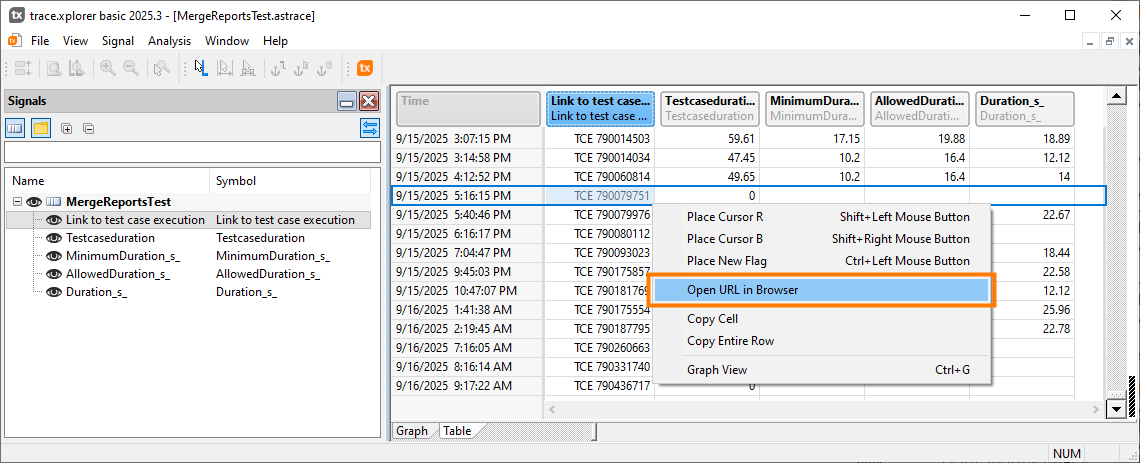
For this to work, the test.guide instance used to create the ASTRACE document must be accessible.


